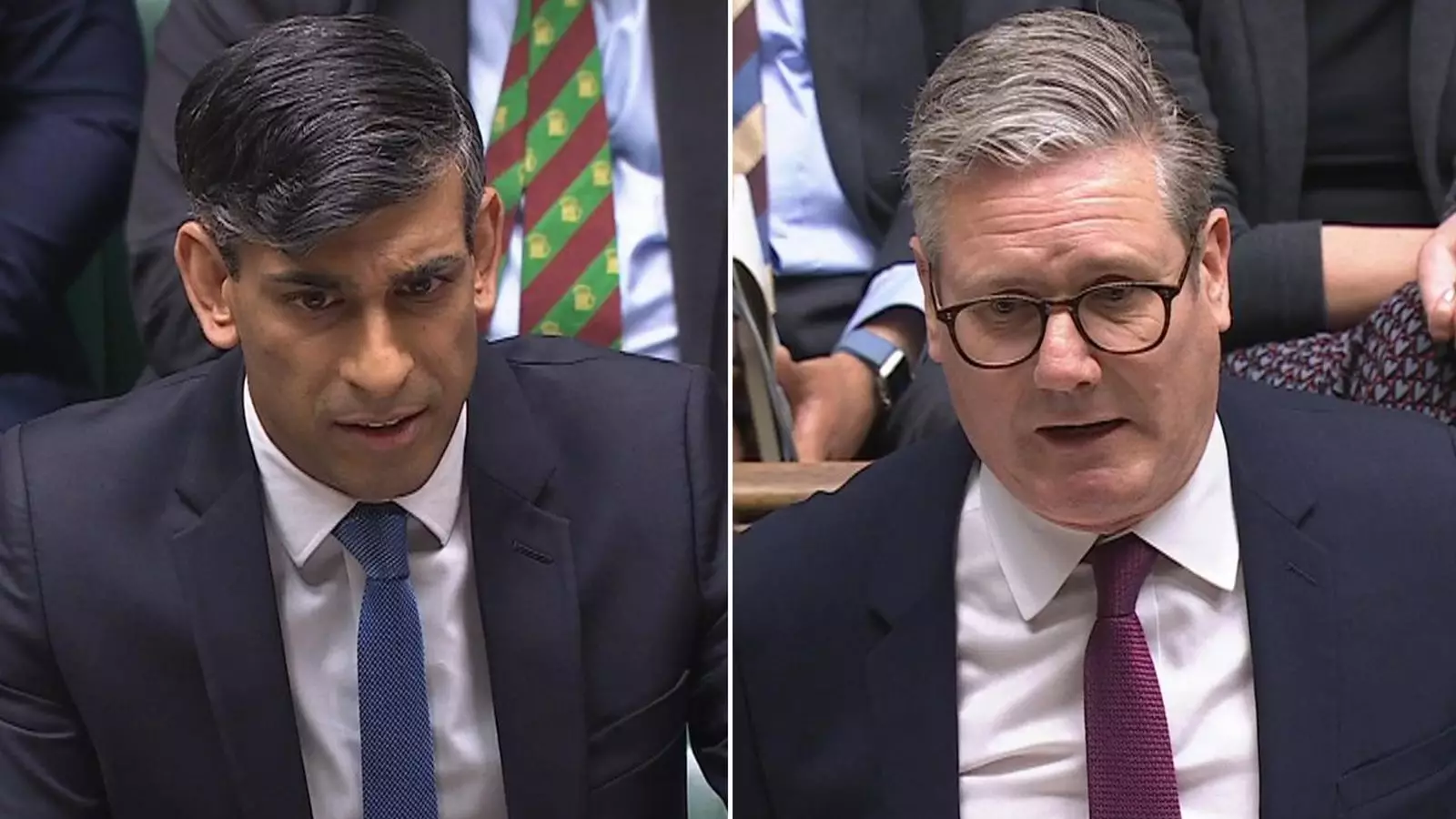Rishi Sunak, the current prime minister, is poised to announce a general election for 4 July, according to sources at Sky News. The decision comes at a time when the Conservative party is trailing Labour by 20 points in the polls and faces the possibility of being ousted from power after 14 years. The move is seen as a bold gamble by Mr. Sunak, who is likely banking on the recent positive economic indicators to boost his chances of victory.
Mr. Sunak has been hinting for months that a general election would take place in the “second half of the year,” but had been reluctant to specify a date. The speculation of an earlier election date gained momentum as key Cabinet ministers, including Grant Shapps and Lord Cameron, returned from their overseas trips for urgent meetings. There has been ongoing deliberation within Downing Street about the optimal timing for the election, with Deputy PM Oliver Dowden advocating for a summer election based on the improving economic forecast.
The recent declaration by the Tory leader that inflation has returned to “normal” and the official figures showing a slowdown to 2.3% in April are likely factors influencing the decision to call for an election. The International Monetary Fund upgrading growth forecasts and the UK coming out of recession have created an opportune moment for Mr. Sunak to capitalize on the economic optimism.
According to parliamentary rules, there must be a minimum of 25 working days between the dissolution of parliament and the actual voting day. While general elections are mandated every five years, the Conservatives in 2019 granted the prime minister the authority to schedule an election within that timeframe at their discretion. The previous general election in 2019 resulted in a resounding victory for Boris Johnson’s Conservatives, but subsequent leadership changes have affected the party’s standing in parliament.
The impending general election marks a critical moment in British politics, with significant implications for the future trajectory of the country. The outcome of the election will not only determine the ruling party but also set the tone for key policy decisions and reforms in the coming years. The voters will play a pivotal role in shaping the political landscape and determining the direction of the nation.
Rishi Sunak’s decision to call for a general election on 4 July represents a high-stakes gamble in the face of challenging political circumstances. The timing of the election, amidst positive economic indicators and internal party dynamics, underscores the complex interplay of factors influencing the political landscape. As the country awaits the prime minister’s official announcement, the implications of this decision will reverberate across the UK and beyond.

Leave a Reply